Sexual desire is an incredibly personal and seemingly unchangeable part of who we are. But what about those who are systematically undesired? This problem isn't one of individuals and personal tastes. Instead, we need to reshape the environment and culture to find ways to address the real political dimensions of desire, writes Tom O'Shea.
When I started writing about sexual desire, people I met at parties were suddenly a lot more interested in my academic work. Among those who’d been single in the last few years, the conversation would inevitably turn to dating apps. One woman told me that she didn’t know how to stop herself sleeping with every match who she met up with. A man added that this hadn’t been a problem for him: he’d had little luck getting matches in the first place. He suspected that being short had something to do with it. Bad luck, perhaps. But people can’t help who they find attractive, right?
 SUGGESTED READING
Why Sexual Morality Doesn't Exist
By Alan Goldman
SUGGESTED READING
Why Sexual Morality Doesn't Exist
By Alan Goldman
A closer look at online dating uncovers some less anecdotal but potentially more troubling findings. OkCupid found that on average its users would engage less with black women and Asian men. Philosophers have worried about the racial preferences which can seem to motivate such behaviour. Sonu Bedi compares being denied opportunities for romantic intimacy as a result of one’s race with being denied a job for the same reasons. He suggests we approach both as a matter of injustice where fundamental human interests are at stake.
___
So long as our encounters and relationships with others are consensual, shouldn’t they be free from shame and overbearing moral judgement?
___
Going undesired is not the only problem that racialised desire brings into view. The political philosopher Robin Zheng directs our attention to ‘yellow fever’: a fetishistic attraction to Asian women, which is typically found among non-Asian men who regard them as particularly exotic or submissive. Why not simply think of these preferences as an innocent quirk of personality? Women who are the objects of such attraction can see things rather differently. They have recounted experiences of depersonalisation, whereby they don’t feel desired as particular individuals – only as placeholders for some fantasy of Asian femininity. “It always crosses my mind that I’m replaceable,” reports one Asian-American women who has encountered yellow fever. Zheng suggests we can think about this depersonalisation in terms of the category of objectification. When a person comes to feel like an interchangeable object, it can be difficult for them to maintain a sense of individual self-esteem.
Race is a particularly fraught aspect of attraction. But comparable dislikes or obsessions can be found elsewhere too. The disabled are frequently desexualised, with many people still not being comfortable treating them as people with sexual needs, let alone as potential partners. Conversely, some trans women encounter ‘chasers’ who can be more captivated by them being transgender than any of their specific qualities as individuals.
If you’re getting uncomfortable about where all this is heading, you wouldn’t be alone. Do we really want philosophers trawling through our intimate lives, looking for things to condemn? So long as our encounters and relationships with others are consensual, shouldn’t they be free from shame and overbearing moral judgement?











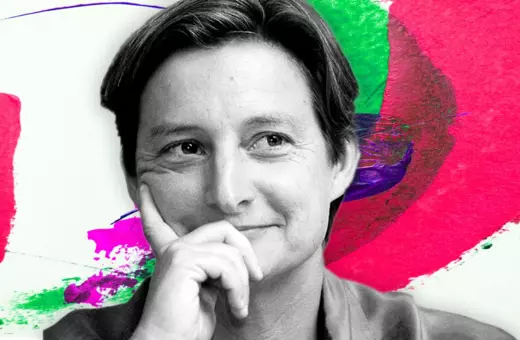
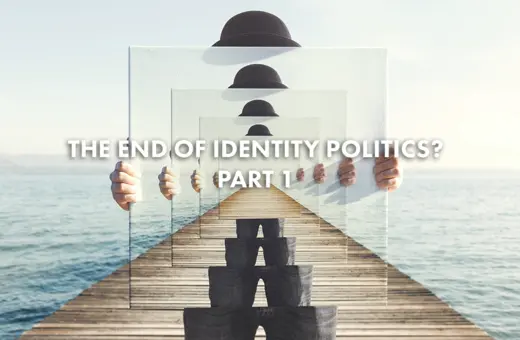
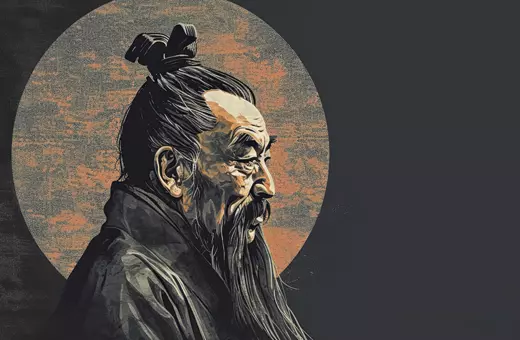
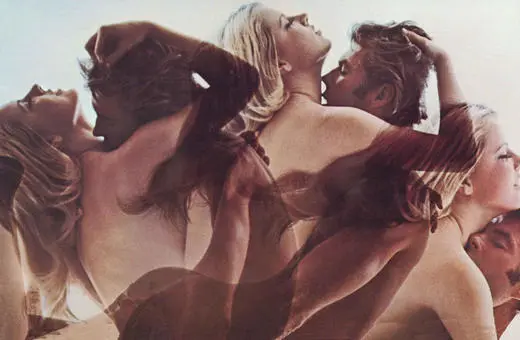
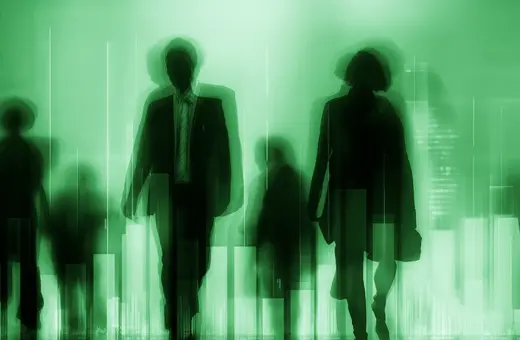
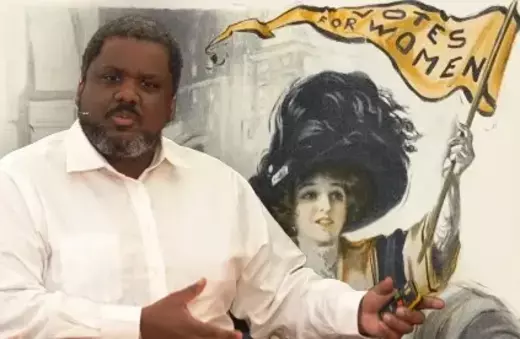




Join the conversation